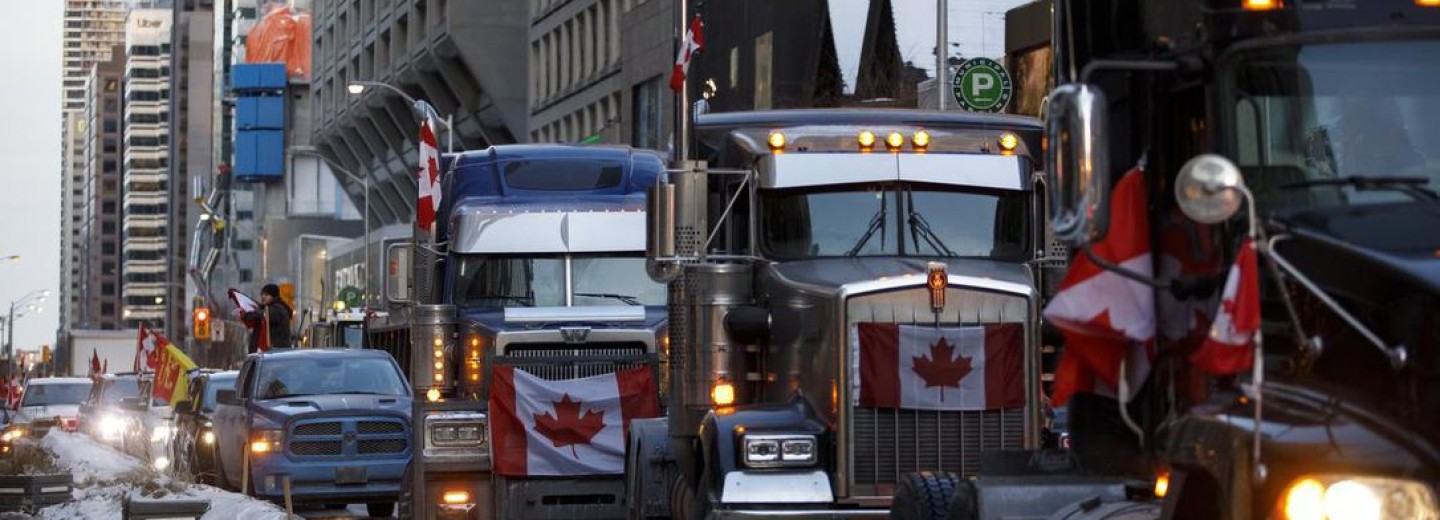A tale of two protests
I cannot be the only person to have noticed some strange inconsistencies in the world’s protest communities and particularly the journalists and sages who comment on them.
At the beginning of February, the excellent Carnegie Endowment for International Peace counted over 230 anti-government protests taking place around the world. Some lasted as little as a day. The longest (in Iraq) has been active since October 2019. Very few get a mention in the western media.
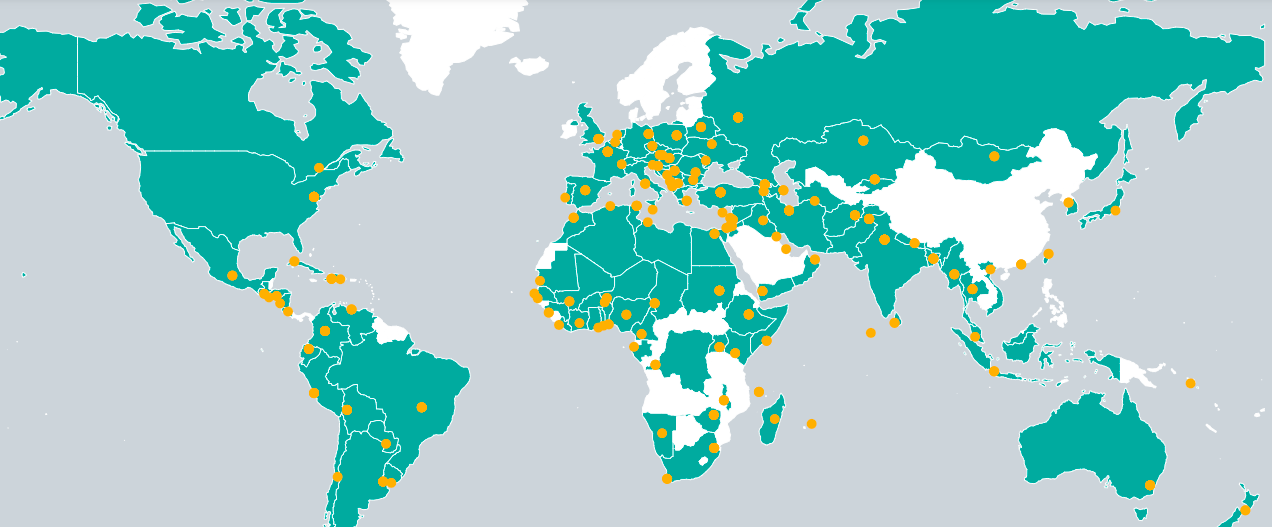
It must be discouraging for the 5000 or so citizens of Eswatini (formerly known as Swaziland), for example, who are protesting the absolute rule of King Mswati III. Few people elsewhere know of their protest or, possibly even, the existence of their country. The ‘liberal democracies’ – as the western powers like to be known – are unlikely to help the Eswatini protestors in their struggle with perceived autocracy.
Every now and again however, journalists and politicians seize upon events they believe may interest (entertain) their readers, supporters, and viewers. These become widely reported and painstakingly analysed – at least until there is something more interesting on which to report. Receiving a lot of attention today are the Canadian truckers.

Truckers
In recent weeks crowds of lorry-drivers and other Canadians protesting covid-19 restrictions have blocked public highways and camped outside parliament in Ottawa. The ‘freedom convoy’, as the hundreds of lorry-drivers call themselves, was sparked by the introduction of a covid vaccine mandate in January. This requires all truckers who enter Canada from the United States, as thousands of Canadian drivers do every day, either to be jabbed or to endure a two-week quarantine.
The Economist is highly critical of the way Canada’s Prime Minister is handling the protests. ‘First, he refused to meet them. Then, seizing on the fact that a few of the protesters appear to be bigots, he attempted to put all of them outside the boundaries of reasonable debate by condemning “the anti-Semitism, Islamophobia, anti-black racism, homophobia and trans phobia that we’ve seen on display in Ottawa over the past number of days”.’
Foreign Affairs seems to agree with Mr Trudeau and disagree with the Economist:
The truckers have powerful supporters however: “The Canadian truckers are heroes, they are patriots. They are marching for your freedom and for my freedom,” Sen. Ted Cruz (R-Texas)
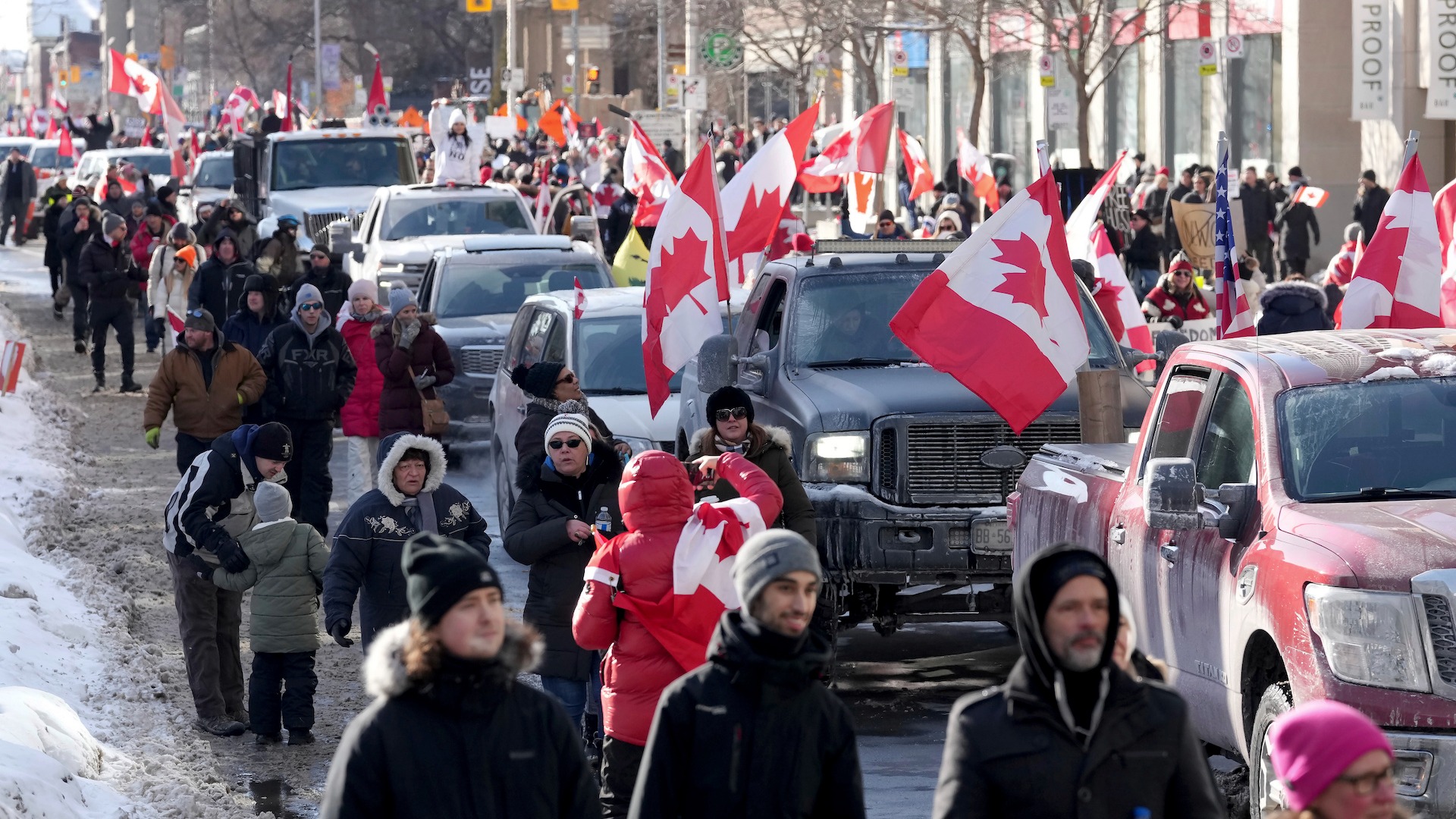
And then there is the money: “Residents in wealthy enclaves across the United States … sent millions of dollars to support trucker convoys that occupied the Canadian capital and shut down commerce at key border crossings between the two nations, according to a Washington Post analysis.
Other reviews are mixed. There has been great disruption in parts of Canada. Residents in Ottawa are seriously inconvenienced. Yet there has been little or no violence and almost no damage to property. In its criticisms of Mr Trudeau’s latest tough moves against the truckers, the Economist says:
Other protests captured the world’s attention in the western media in 2019 – those in Hong Kong.
Hong Kong protests
Protests began in the summer of 2019 with large crowds objecting to a new law to be introduced by the Hong Kong Government to allow extradition of criminals to other states, including China. The bill was later withdrawn. However, by that time, crowds of students had begun a movement to introduce democracy to Hong Kong. Some even wanted Hong Kong to be independent of China. Street protests rapidly turned to vandalism of Chinese-owned property and significant violence. As is common, the Police were somehow blamed for the protestors’ violence.
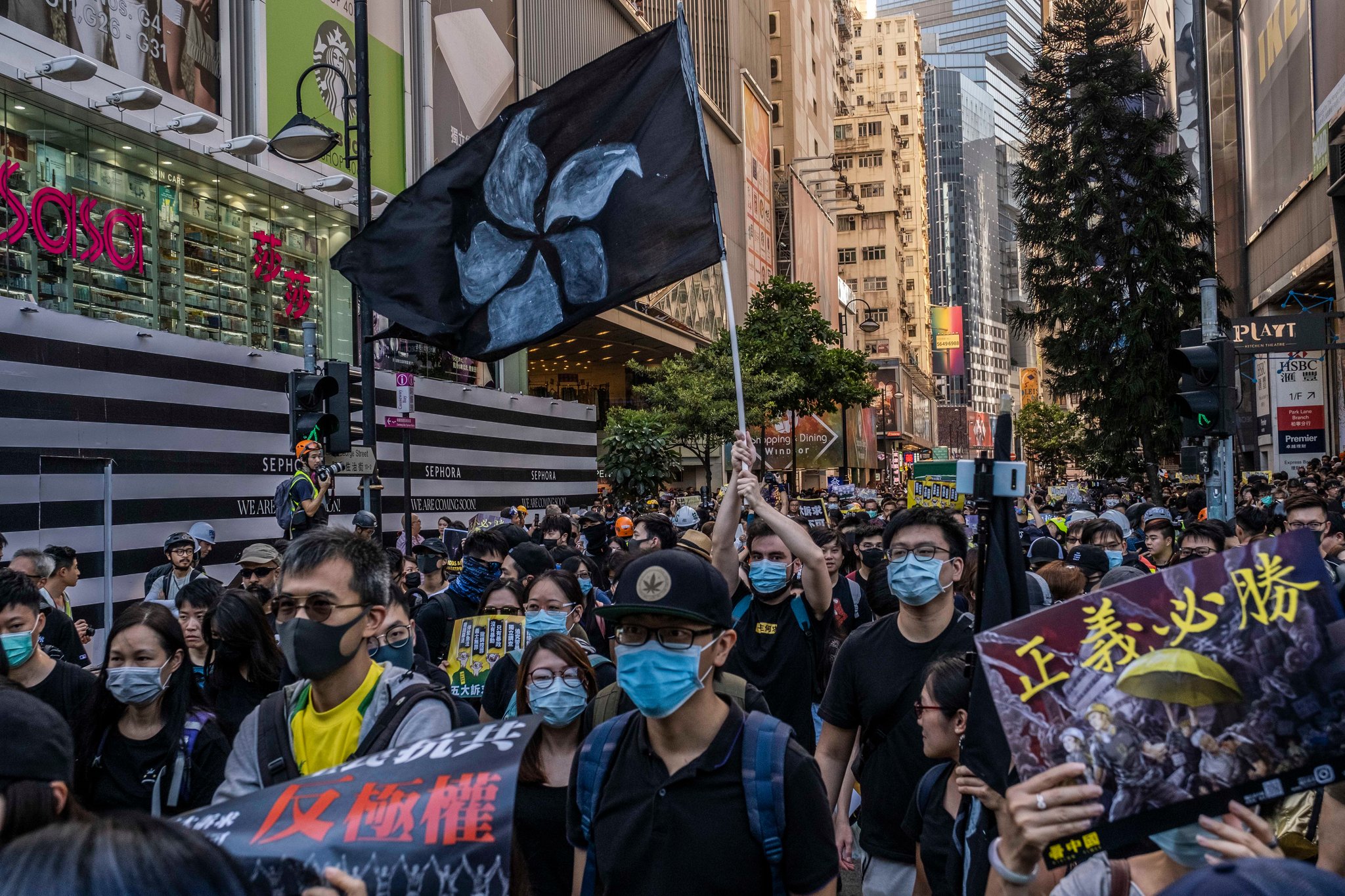
As with the truckers (who have been non-violent so far), the violent Hong Kong protest movement received substantial funds from the USA.
The Economist wrote in November 2019:
(They did not do this.)
China then introduced its new (for Hong Kong) National Security Law to restore law and order to Hong Kong. On its introduction in June 2020, The Economist wrote:
The magazine goes on to describe all the terrible things the law allows the Chinese government to do to Hong Kong citizens that offend it.
Every country has its own security laws. Wikipedia argues that, with all of them:
Exactly.
Observations
One cannot expect any member of the human race to be consistent. We all say and do things that do not match our expectations or our previous views. Equally, journals, like governments everywhere, do not have views of their own. These are made up of many writers over many years, each of whom has different opinions.
Yet the Economist, for example, as we have seen: “has long argued that free speech should be restricted only under exceptional circumstances, such as when the speaker intends to incite physical violence.”
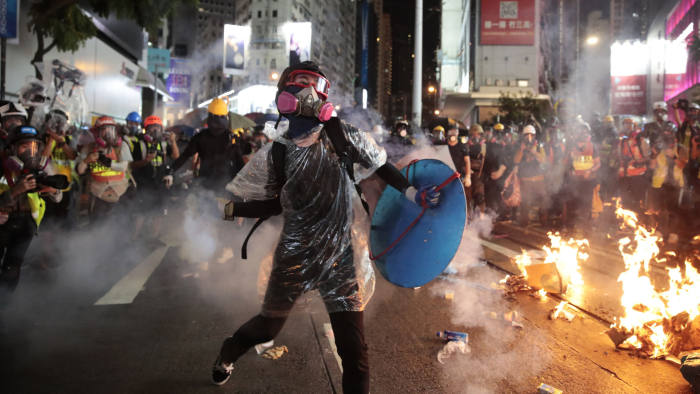
The Hong Kong rioters not only incited violence but insisted on it. The Chinese Government (Hong Kong’s ultimate government before 1843 and after 1997) passed a law to restrict the freedoms of those it felt were damaging the city and its residents. The Chinese National Security Law has the same worrying possibilities of every national security law – that it may be misused. But that does not mean it is wrong.
‘Democracies’ have a record of restricting freedoms for reasons that seem necessary. They defend the restrictions as needed for society to function. Sometimes they apologise for them. But every state, democratic or not, restricts the freedoms of some for the good of the majority.
Mr Trudeau’s government will do what it thinks is best for the overall good of Canada. That may mean restricting the freedom of a very few individuals to avoid chaos for many more. The Chinese solution to Hong Kong’s riots follows the same logic.
It has also been successful.
Worked on the article:

Wanlikhang


